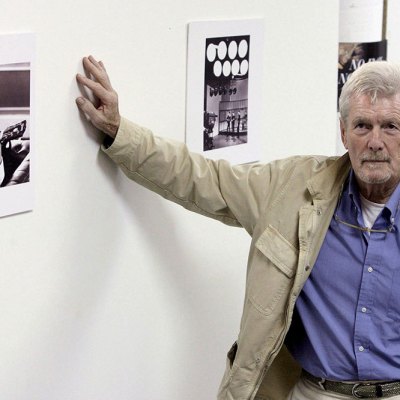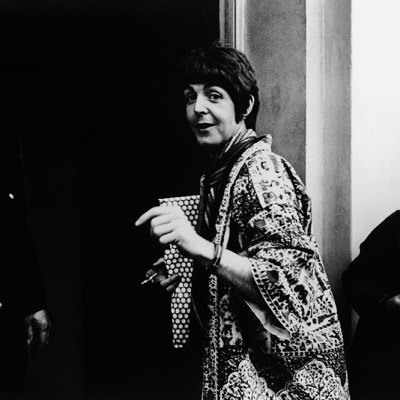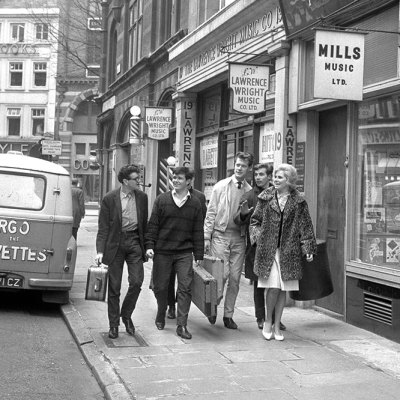On the morning of 5 October 1962, two things came to remind the world that the small island nation of Britain, despite its waning imperial and economic fortunes, could still punch above its weight. First, the Beatles’ first single, ‘Love Me Do’, hit the shelves. Second, at the odd time of 10.45am, the premiere of Dr. No took place, introducing James Bond to the film-going public. Rakewell notes in passing that had Paul McCartney not run with his middle name, this momentous day might have ushered in a new Jacobean era: like 007, the ‘cute’ Beatle was christened James.
Your roving correspondent would have been hard-pressed to find other similarities between the two – until earlier this week, that is, when it was announced that the band will join Bond in the Sam Mendes cinematic universe. Having directed the successful Bond outings Skyfall (2012) and Spectre (2015), Mendes has proved that he can be trusted with valuable intellectual property – and he will now be helming four Beatle biopics. Come 2027, each moptop will get their turn in the spotlight.
Perhaps this could turn out to be a fascinating artistic event, a sort of Rashomon exercise in which the same situation plays out from the point of view of each Beatle in turn. Which milestones in the Fab Four’s lives would yield the most disparate viewpoints? The death of Brian Epstein? Their time in India? Or the time when all four, sequestered in a Tokyo hotel, created an abstract painting that recently sold for $1.7 million?
More fractious developments might come in for multi-perspective scrutiny. Consider Paul’s increasing dominance in the studio; George sleeping with Ringo’s wife; John’s desire to spend more time with Yoko. Come to think of it, perhaps four films from the perspective of the Beatles’ wives and girlfriends might be of greater interest. (Rakewell will also go out on a limb and venture that any incidents involving John or Ringo’s capacity for domestic violence will not make the cut.)
Rakewell is happy to give credit where credit is due and acknowledges Mendes’s formidable track record in theatre. The director’s work behind the camera, however, has largely left us cold. His latest effort, Empire of Light (2022), was especially limp. So why Mendes?
To answer, one has only to look at the career of Danny Boyle – director of Yesterday (2019), a film that imagined a world in which the Beatles never existed and John Lennon was a fisherman – to see what happens to provocative young British directors once they board the gilded escalator to the heart of the establishment. You break out with an edgy film or two – Shallow Grave (1994) and Trainspotting (1996) in the case of Boyle; American Beauty (1999) in the case of Mendes. You position yourself as a bankable mainstream director who can handle an action set-piece. You direct Daniel Craig as 007, whether in a studio film or in an Olympic ceremony. You are offered a knighthood (and if you’re Mendes, you take it). But you haven’t really made it until you make a film about the Beatles. It’s been a long and winding road, but Sam Mendes has got there in the end.




